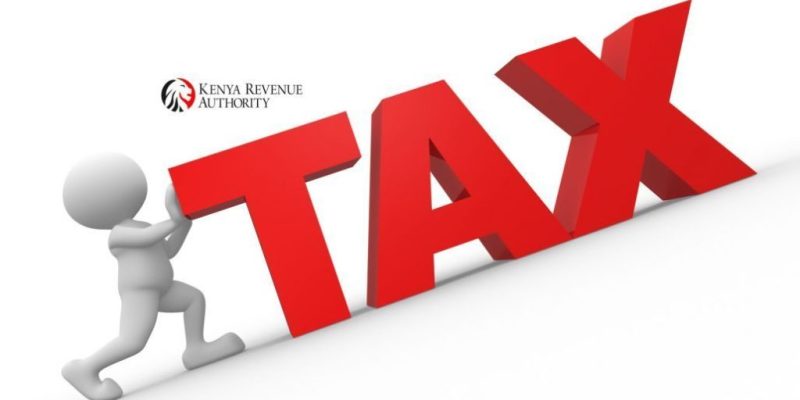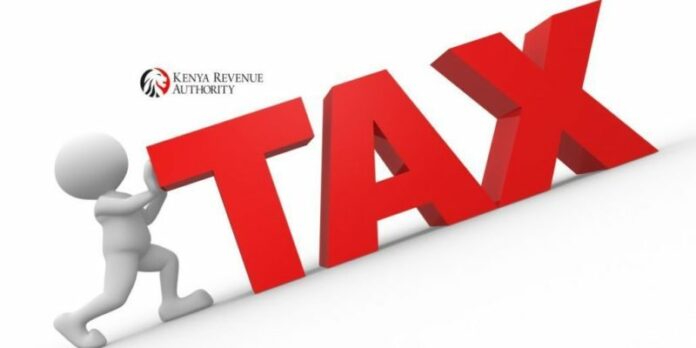PwC Tax experts have today appealed to Kenya businesses to acquaint themselves with recently introduced tax initiatives by the government to avoid costly penalties due to non-compliance.
Ambiguities in the law
At first glance, minimum tax may seem easy to implement given its apparently straightforward computation of 1% of gross turnover. However, an in-depth analysis of the legal provisions reveals some intricacies and potential adverse business impacts. Some of the grey areas that taxpayers are currently grappling with include the ability to utilize existing tax incentives, historical tax losses and tax credits.

The commencement date for entities with non-December financial year ends is also not quite clear. There are also accounting considerations with regards to revenue recognition and the interaction of the tax with the existing accounting standards. Given the challenges currently facing taxpayers, it is imperative for tax policymakers to make the necessary amendments to ensure that minimum tax is easily adopted with minimal adverse impact to businesses.
Minimum tax is not unique to Kenya
It is important to point out that the concept of a minimum tax is not unique to Kenya. Indeed, many countries in the world such as South Korea have a similar tax. In Africa, countries such as Nigeria and Tanzania have introduced a minimum tax liability in their tax codes. However, each of these countries has incorporated clauses to address certain business concerns on such a tax.
The Government of Kenya could draw some lessons from international best practices and incorporate them in the local tax code, such as by reducing the rate of minimum tax as well as revising the tax base from gross turnover to an alternative base such as Earnings Before Interest and Tax (EBIT). Further, in a bid to enhance Kenya’s attractiveness as a hub in Sub-Saharan Africa and reduce the strain on startups and financially constrained entities, minimum tax could be structured as an advance tax to be applied in future periods when businesses start making taxable profits.
Conclusion
With the release of the Finance Bill, 2021 anticipated in the coming weeks, it is advisable for the government to have considered the design and purpose of minimum tax and other recently introduced tax measures and work to find a balance between the impact of these measures on business and the objective of increasing tax collections. In the meantime, businesses should familiarize themselves with the minimum tax and comply with its provisions to avoid costly penalties due to non-compliance.









